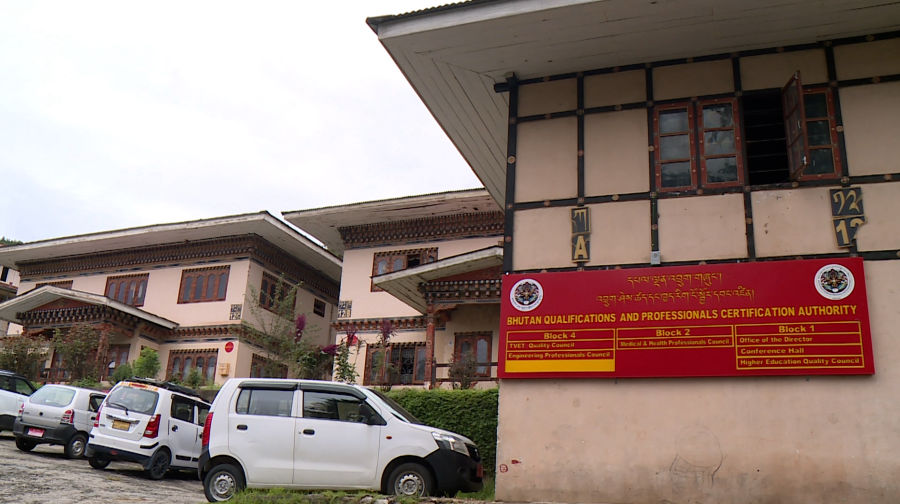 Bhutan has one doctor for every 1,284 people, falling short of the World Health Organisation’s recommended ratio of one per 1,000. The ongoing attrition of nurses and health assistants is adding to the challenge. To help address the shortage, the Bhutan Qualifications and Professionals Certification Authority (BQPCA) proposes engaging Bhutanese health professionals abroad through voluntary services, telemedicine, and short-term visits.
Bhutan has one doctor for every 1,284 people, falling short of the World Health Organisation’s recommended ratio of one per 1,000. The ongoing attrition of nurses and health assistants is adding to the challenge. To help address the shortage, the Bhutan Qualifications and Professionals Certification Authority (BQPCA) proposes engaging Bhutanese health professionals abroad through voluntary services, telemedicine, and short-term visits.
Healthcare workforce shortages are a global challenge, and Bhutan is no exception. Many countries, such as India and the Philippines, engage their medical professionals abroad to strengthen healthcare systems and address workforce gaps through telemedicine, investments, and training partnerships.
The Bhutan Qualifications and Professionals Certification Authority is now urging the Health Ministry and National Medical Services to adopt a similar approach.
“By establishing a Bhutanese Medical Diaspora Association or forum, Bhutanese professionals can be engaged to give back through voluntary services, telemedicine, short-term visits, or specialised surgical camps. Their expertise, experiences, and best practices could be shared with local healthcare teams, enhancing knowledge transfer, building capacity, and mitigating the current workforce shortage in Bhutan,” said Ugyen Tshewang (PhD), the director of the Bhutan Qualifications and Professionals Certification Authority.
He added that improving workplace conditions, offering incentives, and providing career development opportunities could help retain health professionals in the country.
Ugyen Tshewang said, “Healthcare professionals tend to move flexibly within and across countries, influenced by factors such as competitive incentives, workplace conditions, and career development opportunities. Drawing from these insights, Bhutan could benchmark financial and non-financial incentives from other countries and, for example, aim to offer compensation for nurses and HAs comparable to what is provided in India.”
According to the Ministry of Health’s Annual Health Bulletin 2025, almost 9 per cent of health professionals resigned last year to take jobs overseas.
The Royal Civil Service Commission reports that the country requires more than 10,000 health professionals but currently has just over 4,100.
In traditional medicine, 74 Drungtshos and 196 Menpas continue to provide services.
Meanwhile, the number of nurses fell from 1,617 in 2023 to 1,572 last year, and Health Assistants dropped from 650 in 2020 to 580 in 2023.
The health ministry projects that Bhutan will need nearly 1,600 additional nurses by 2026 to meet the minimum required ratio.
Tapping into the expertise of medical professionals abroad, perhaps, is one way to improve health services, transfer knowledge, and build local capacity.
Kelzang Chhophyel
Edited by Sangay Chezom









